
And we promise ourselves the good China will triumph in the end. Any deals we have to make – any interaction with have to engage in – with their China is temporary. We love the people – those precious little laobaixing – and hate the government. And the frustration we feel at how it didn’t go our way seeps out in our obsession with its tragedies, our contempt for its every idea and policy, our shameful little joy at its every misstep. It fills our books and newspapers and overflows, getting in our eyes and ears, but we like it that way. This two China policy is the only way we have of understanding things. And we might despair sometimes, faintly aware that our superficial Anglosphere understanding of history has led us here, to this cul-de-sac, but then another Weibo hashtag that signifies the anger of the people will pop up and we’ll get excited all over again. Such is what’s left of professional China-watching in 2022. If we want to know the real China – not the one we prefer, or the one we want, but the one that exists – we need to accept, however begrudgingly, that it’s here to stay. And what might change it won’t, in fact, come from the same place as us. If we do that then we can face a much more interesting world of potential futures for China – and understand much better what’s happening to it today.
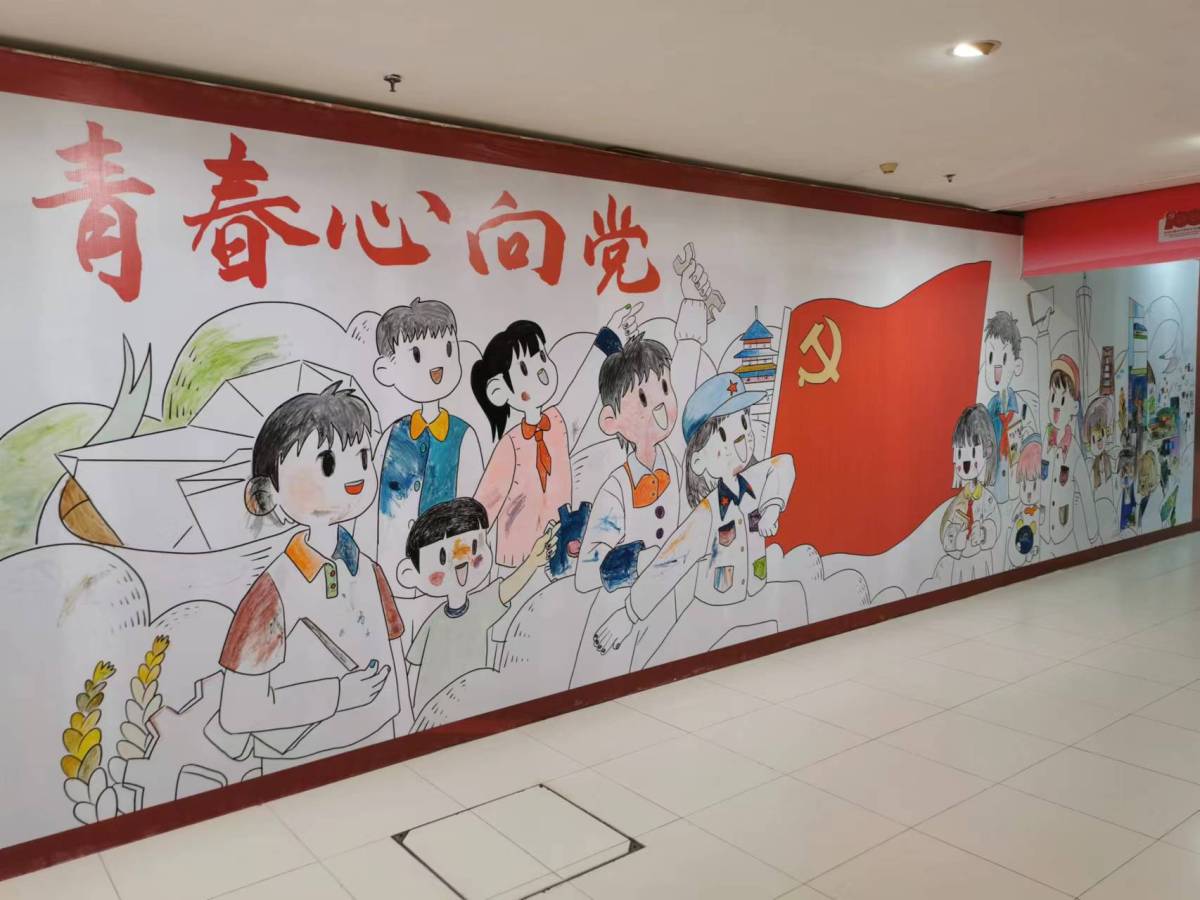

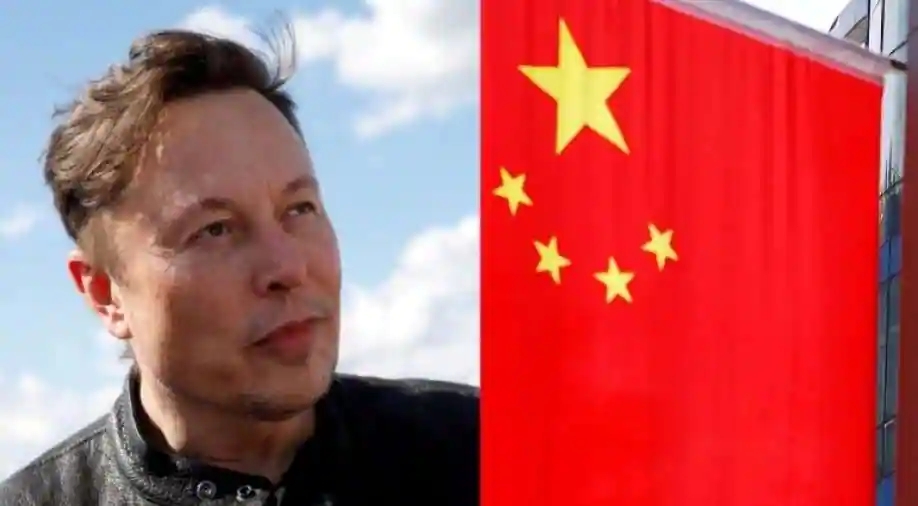
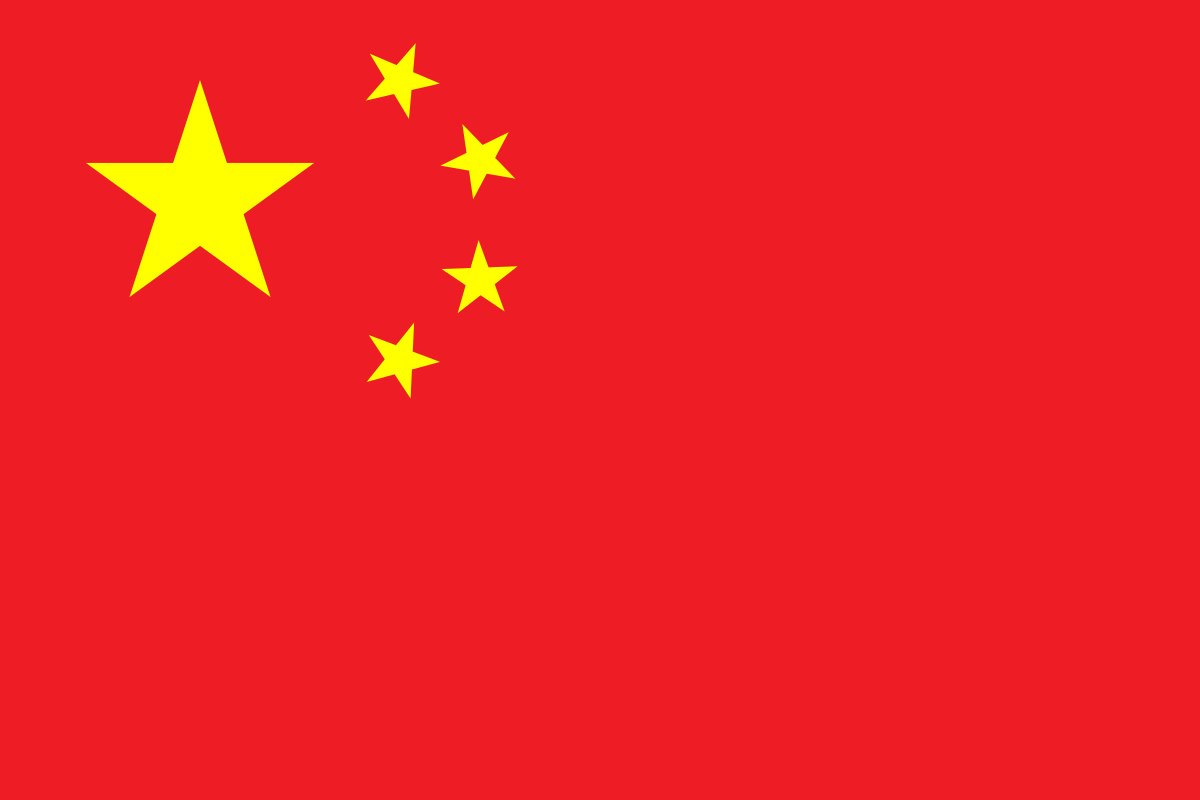
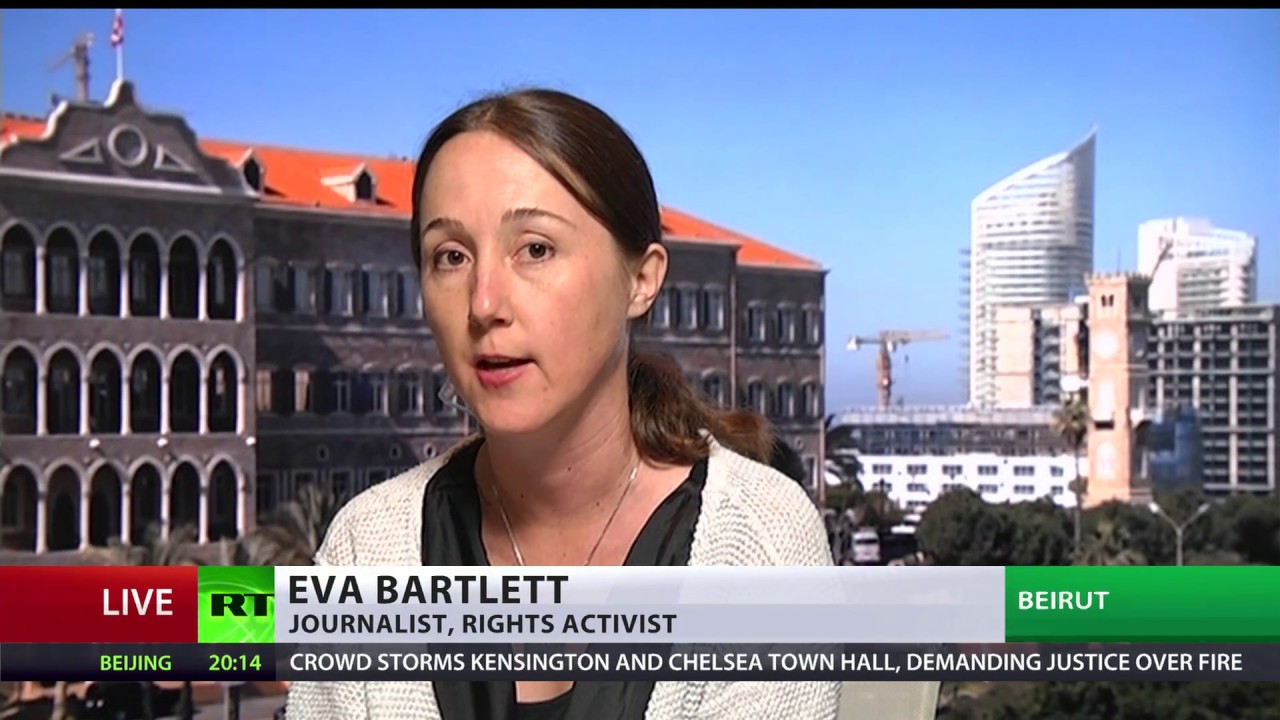




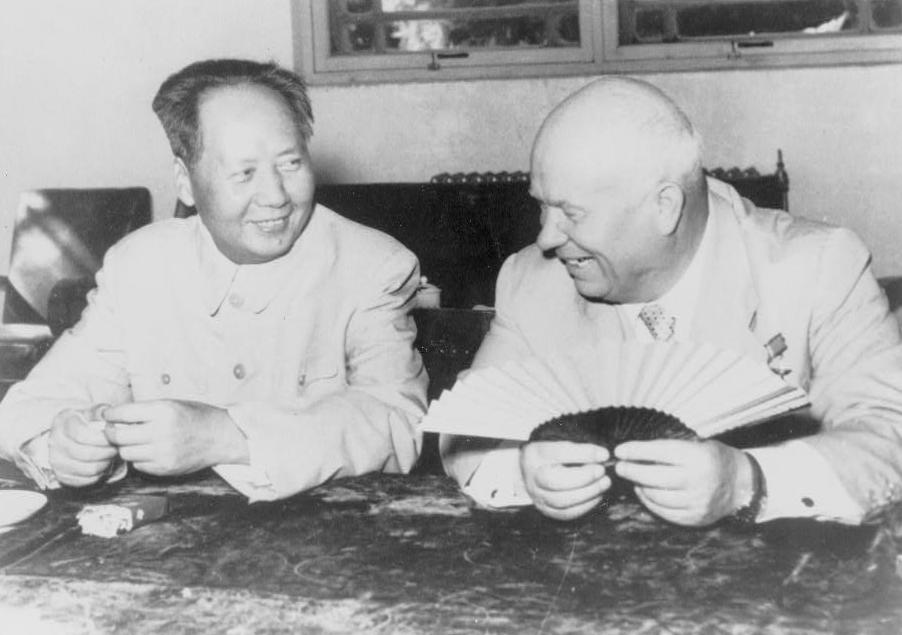

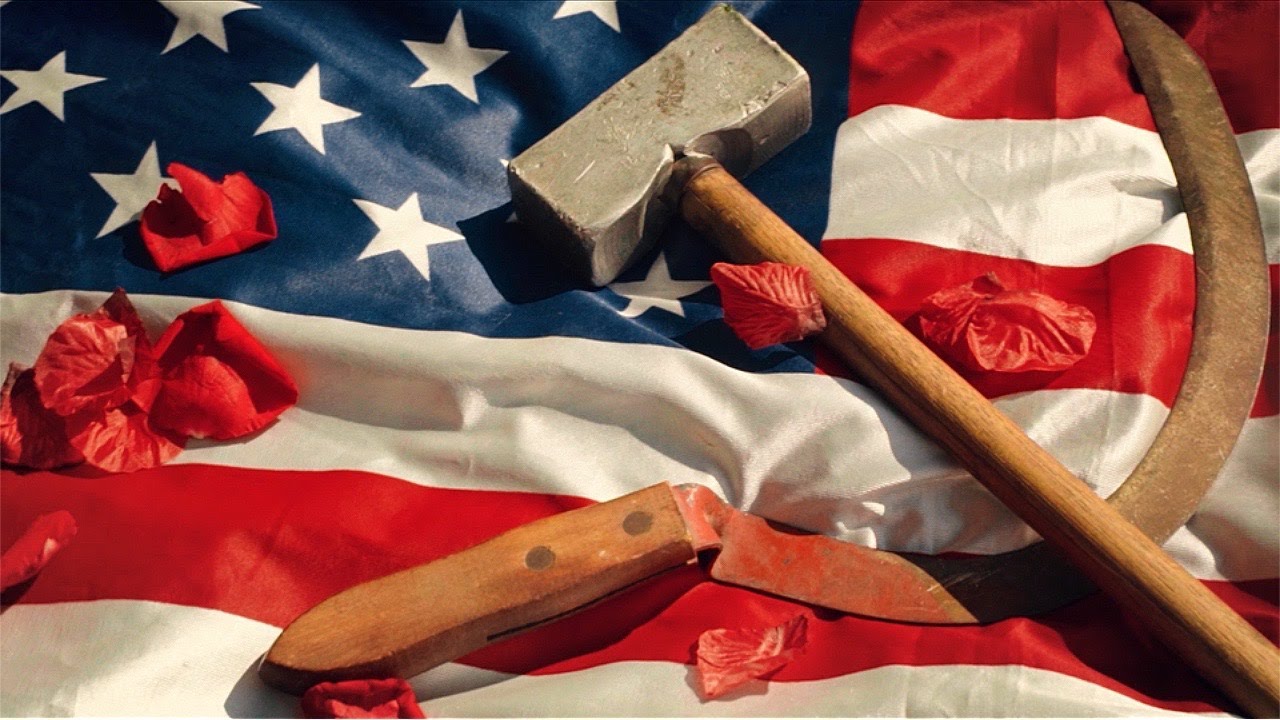


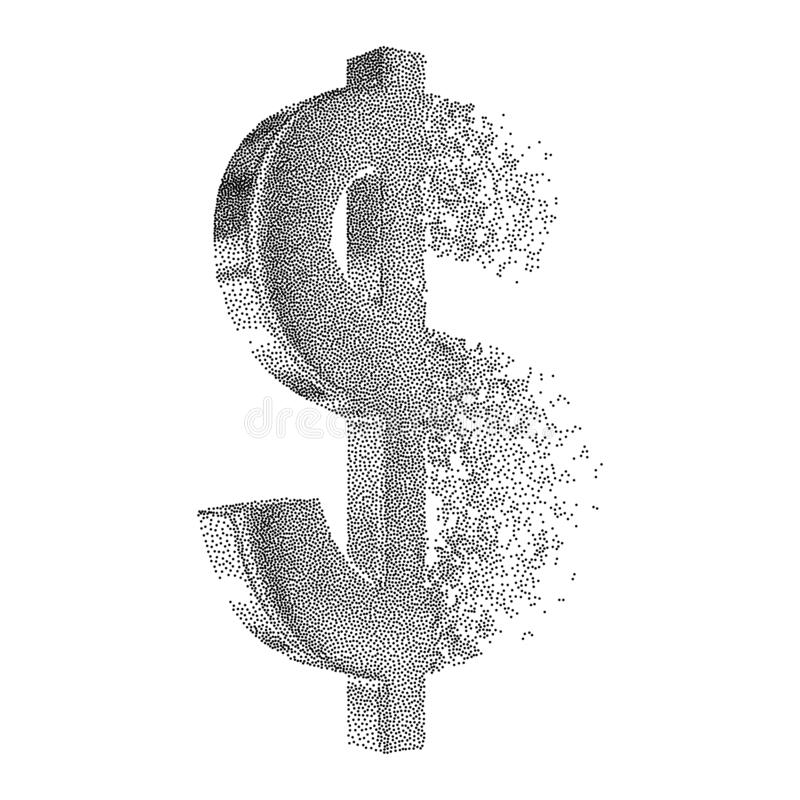
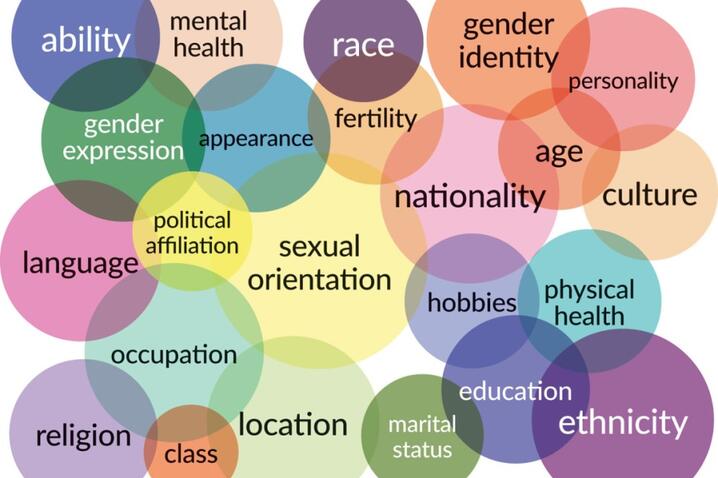





Removed by mod